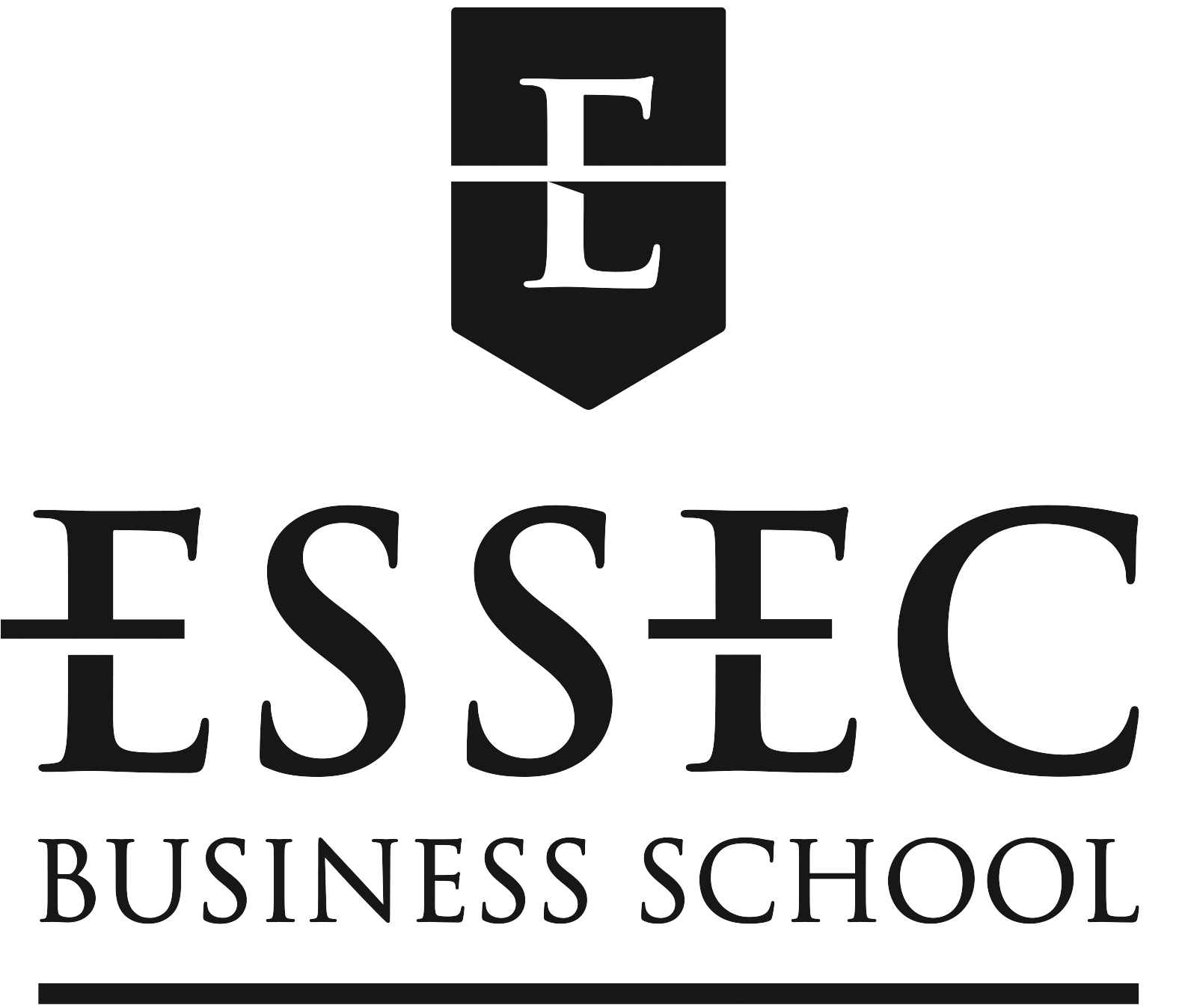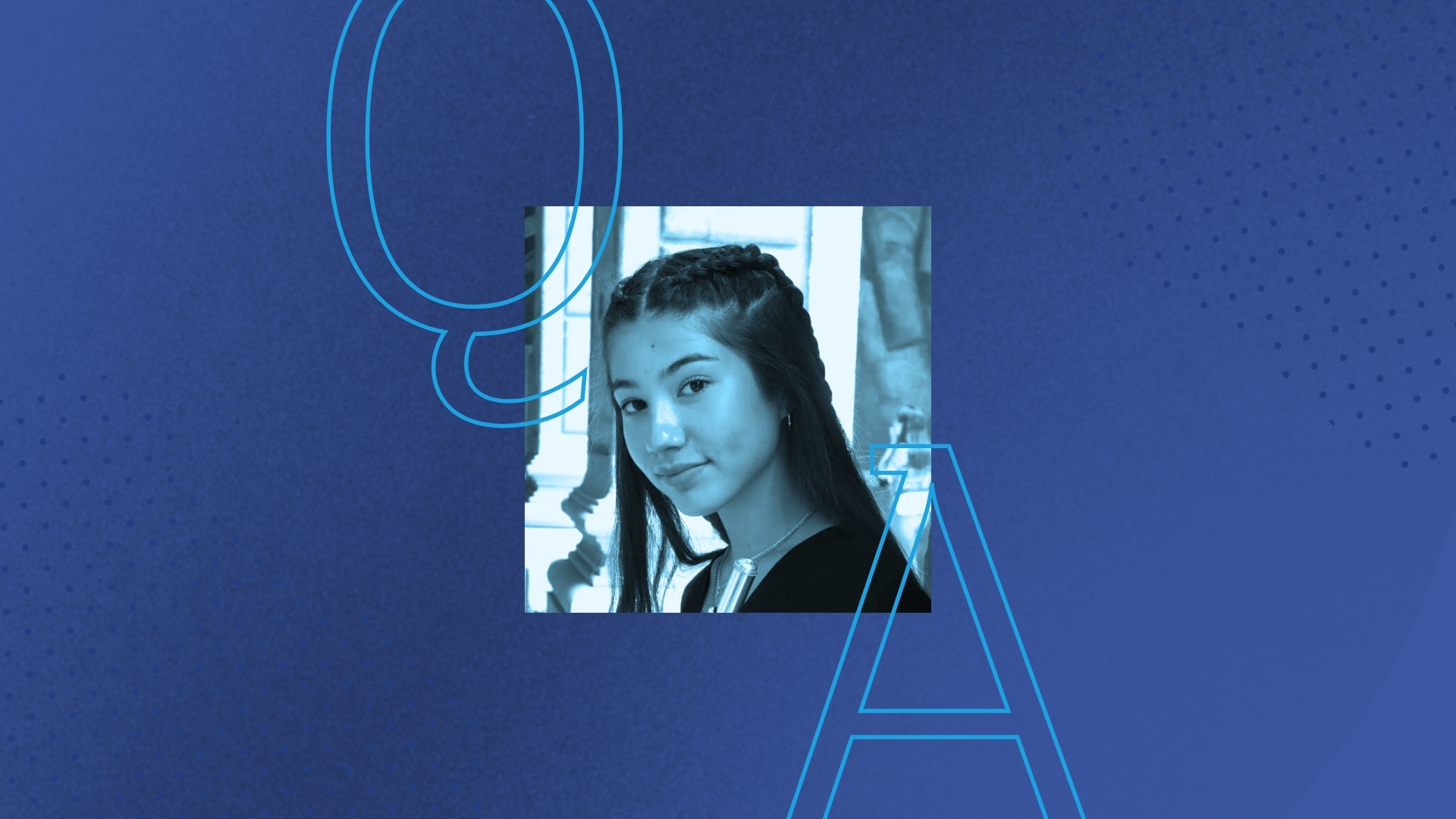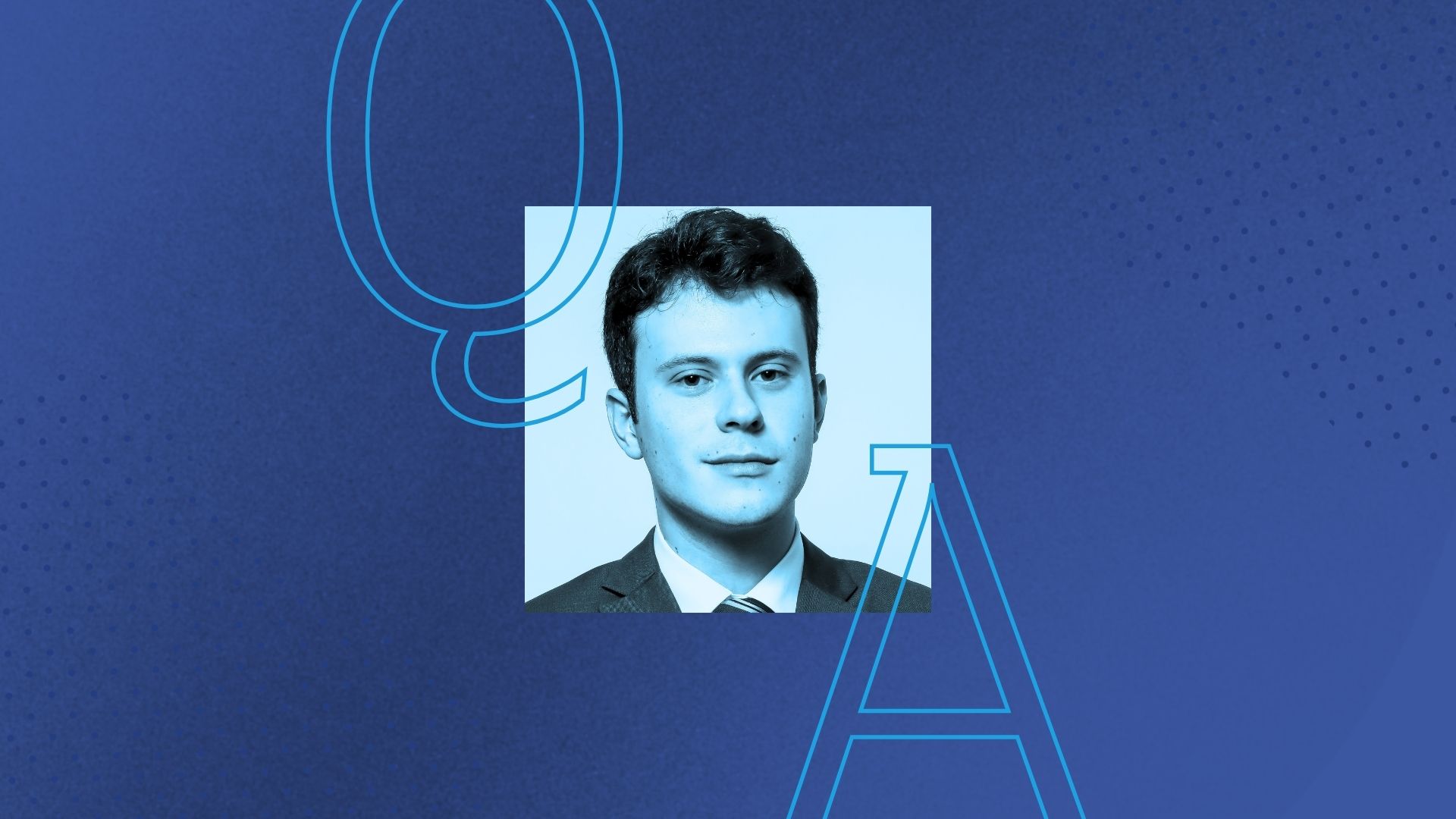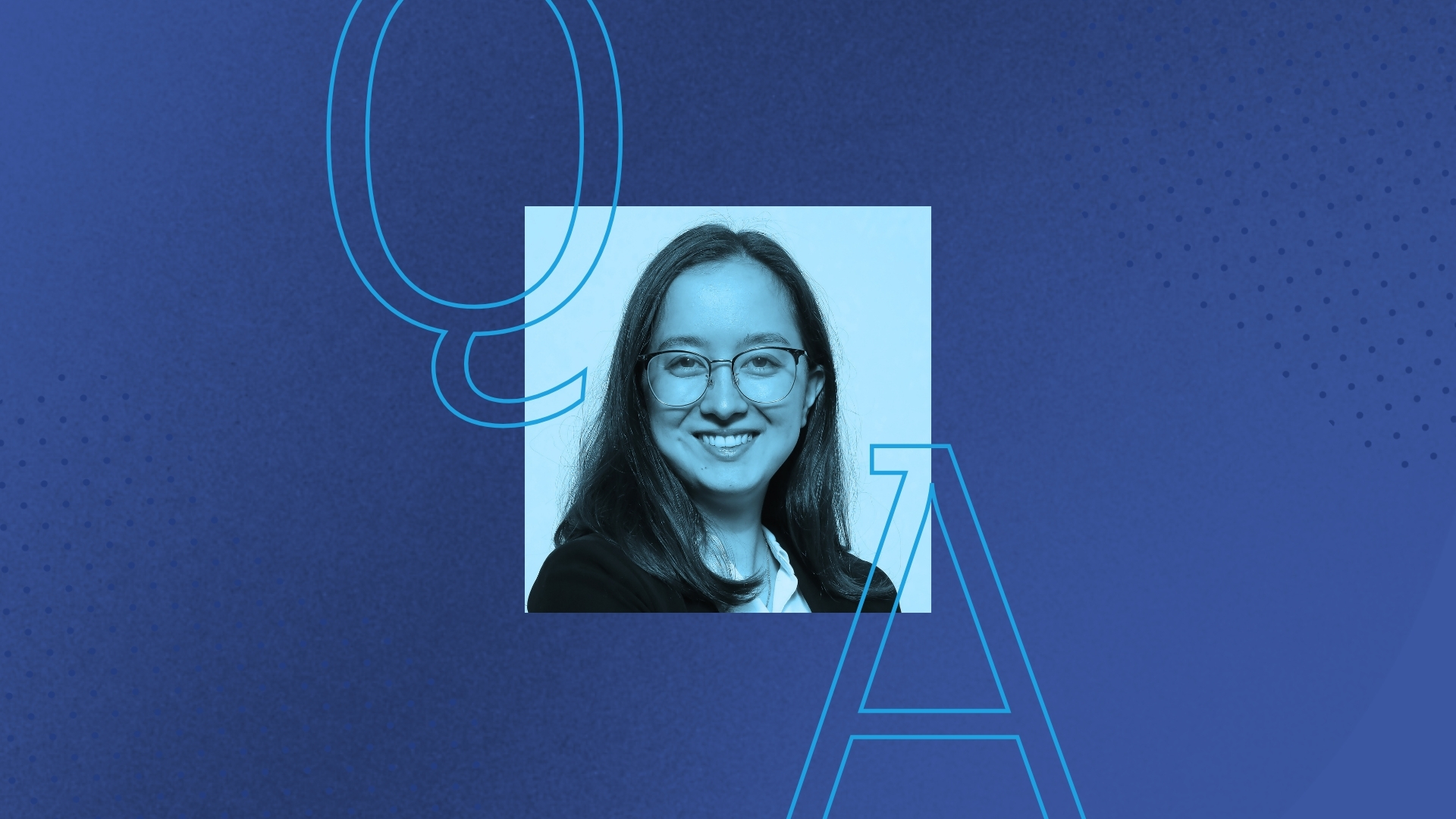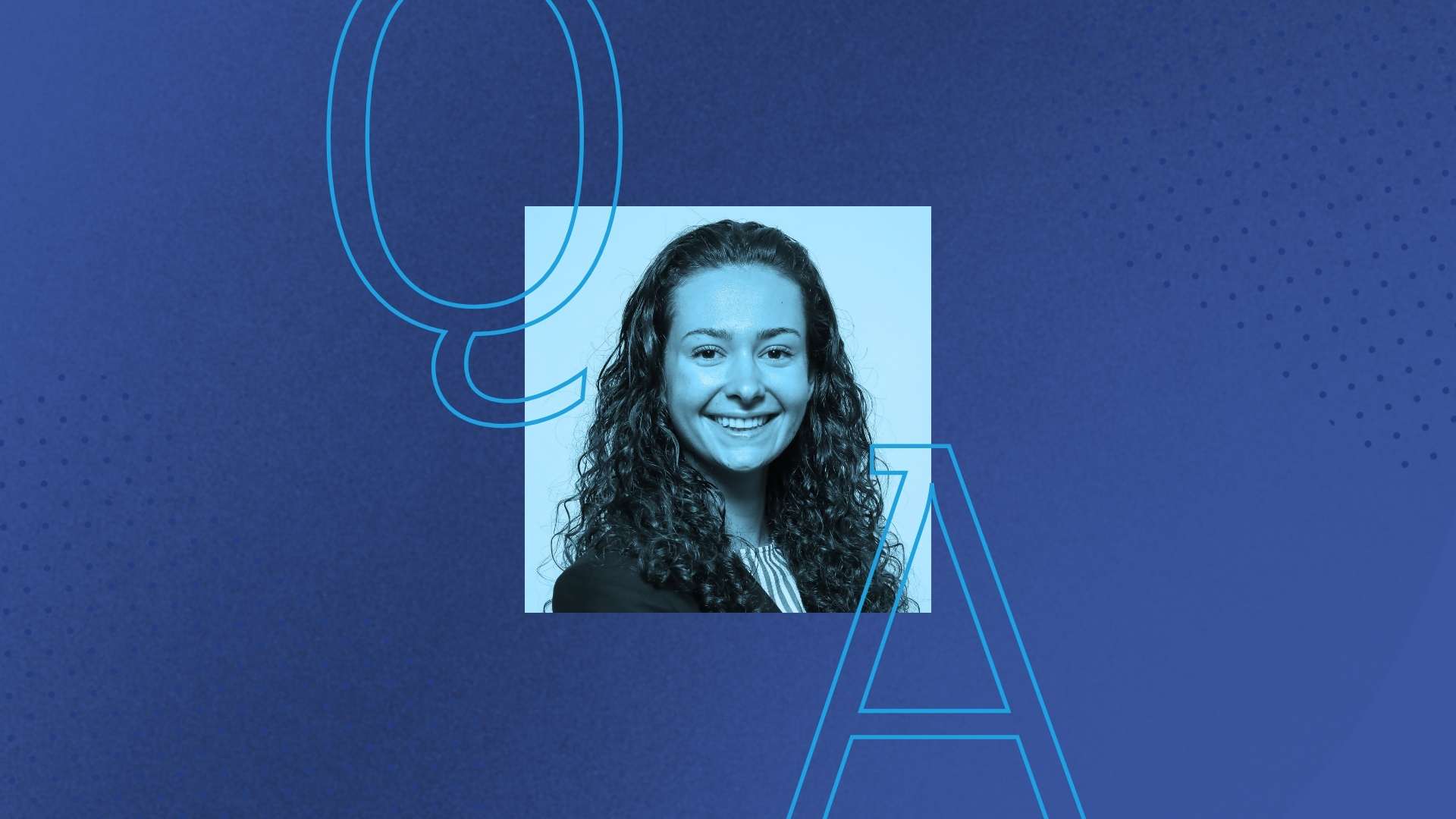Having studied in an international school alongside students from America and the United Kingdom, Aditya Arya learned to see the value of international exposure at a very young age.
This view was only reinforced during his undergraduate days when he received the opportunity to intern in Egypt while studying computer science engineering at Sikkim Manipal Institute of Technology.
This belief in the value of diversity is why, when looking for a master’s degree program, the international exposure of the ESSEC Master in Management (MiM) program stood out, and he joined the program at ESSEC Asia-Pacific.
Please tell us a little about your background and career ambitions.
My studies in computer science taught me the fundamentals of problem-solving, and I noticed this was transferable to other fields—the thought process one would use to devise an algorithm for a coding problem is similar to that you would increase the profitability of a business.
This knowledge led me from engineering to business. I founded a startup in fintech and worked in sales for two years.
I aim to transition into a consulting role—ideally in the United States—and eventually start my own business.
Why did you come to ESSEC Asia-Pacific if you want a career in the US?
Companies value employees who can work in different environments, and ESSEC works well to ensure graduates can do this.
I also recognized that exposure to Asian business is essential because if you look at the investments directed to emerging markets and Asia’s economic dominance, it is evident that companies will require those with an in-depth understanding of business in the region.
Being at the Singapore campus would allow me to acquire this knowledge through the Innovation, Entrepreneurship & Sustainability (IES) track and Junior Consultant Experience* (JCE) offered exclusively at the ESSEC Asia-Pacific campus.
I would also be able to meet different companies and improve my understanding of the working culture in Asia—none of which would be possible if I were not on the continent.
*The JCE allows students to act as consultants and support an ESSEC industry partner in solving real-world business challenges.
How has the program lived up to your expectations so far?
ESSEC has good professors and a closer faculty-student relationship than my previous schools. There is plenty of openness and opportunities to discuss new ideas.
For example, I recently began taking classes for the IES track and have found professors extremely keen to discuss and constructively challenge my viewpoints.
The diverse student body has also been fun to make friends with, and our differences in opinion will help make us more objective.
I’ve attended Christmas dinners, taken a trip to Bintan, and had weekly dinner sessions with my entire cohort since coming to Singapore.
Regarding career development, the JCE, in particular, epitomizes ESSEC learning by doing pedagogy and has allowed me to learn the ropes of consulting.
I was paired with Eurogroup Consulting and worked with their client, Bollore, to find a market entry strategy for 3PL medical devices.
I’ve also had the opportunity to become Director of Current Affairs for the ESSEC Consulting Club and Chief Technology Officer of the ESSEC Investors Club.
Do you have any advice for future ESSEC MiM students?
Try to be as specific about what you want to get out of business school. Reflect and write down your considerations, including factors like culture, classmates’ personalities, lifestyle, the city you want to be in, and the future life you picture yourself having.
Then, look into the school’s specific offerings to see if they will benefit your future. You can study at ESSEC, research courses, chairs, and tracks in the MiM program that you might enjoy, and the campuses to plan your journey beforehand.
Ask yourself how each will contribute to your future career and overall life goals.
RELATED POSTS
GBBA Student Yumi Mahoux-Nakamura: Double-degree Holders Earns Coveted Internships at LVMH
Driven by practical, international experience and ESSEC's career support, Global BBA student Yumi Mahoux-Nakamura secured top internships at LVMH and…
MMD Student Ambassador Patsachon Niyomthai: Chasing Entrepreneurship Dreams
Patsachon Niyomthai came to ESSEC Asia-Pacific hoping to become a savvy digital marketer and help her dog business dreams take flight. Here’s her…
MiM Student Martin Bouchet: Bridging the Divide between Engineering and Business
ESSEC Master in Management Student Ambassador Martin Bouchet shares his experience transitioning from a technical degree in France to a business…
MMD Student Ambassador Marco Carini: How International Exposure Benefit the Aspiring Marketer
MSc Marketing Management and Digital Student Ambassador Marco Carini shares his experience with international exposure and learning by doing so at…
SMIB Student Ambassador Soraya Saint-Marc: Bridging Green Dreams and Global Reach
French-Indonesian student Soraya Saint-Marc shares the differences between the ESSEC Cergy and Asia-Pacific campuses and what she enjoys about being…
MiF Student Marie Hotton: Making the Right Decision at ESSEC Asia-Pacific
Unwavering support, diversity, and exposure to the industry have made Master in Finance Student Ambassador Marie Hotton’s time in Singapore…
